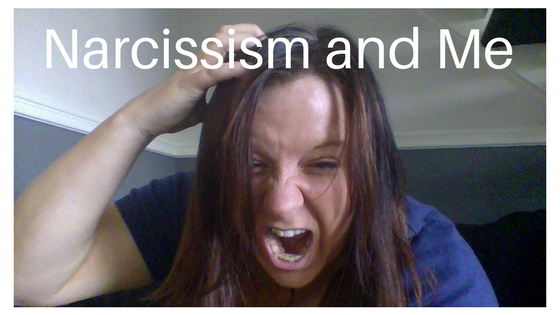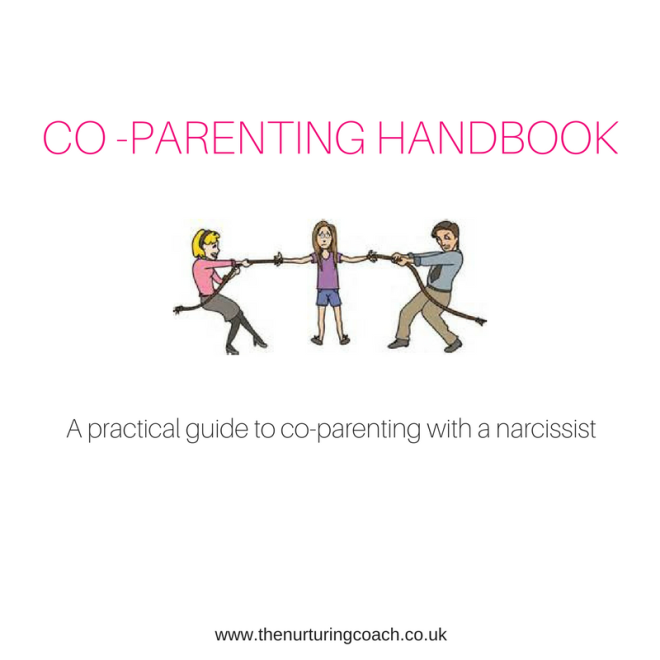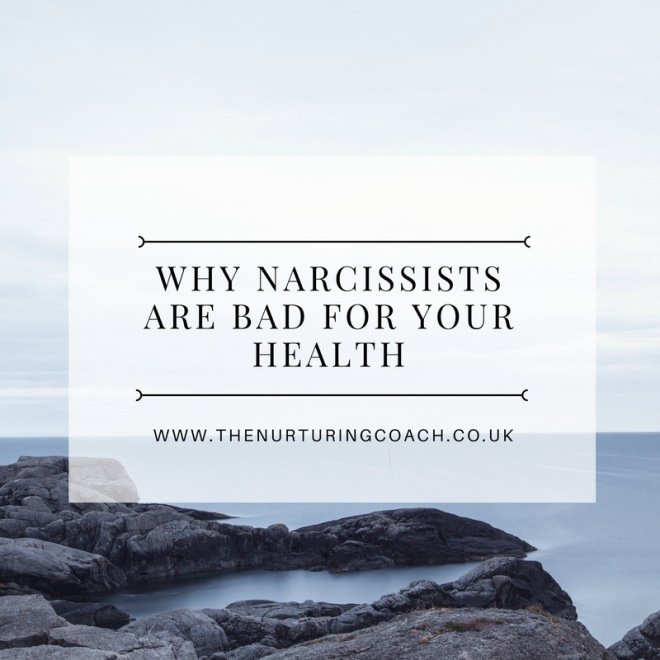
Having a narcissist in your life is a unique, exhausting and terrifying experience. I wanted to share my experience in the hope that speaking out may help someone who is experiencing this themselves.
I am not going to talk directly about the narcissist, partly out of fear of reprisal, but mainly to not give them any notoriety. Narcissists crave being the centre of attention and I refuse to give them that.
This is my story. From my heart. Warts and all.
The narcissist came into my life many years ago. At first I thought they were just a bit obsessive but as time went on it became clear there was something more sinister at work.
Most people don’t get diagnosed with narcissism unless they commit a crime so figuring out someone is narcissistic often comes more from your own experiences and how they make you feel.
For me, I slowly began to feel more and more helpless. Like no matter what I did I couldn’t change the result. I would try every tactic known to man but always end up on the losing end. It made me angry and bitter. Sometimes I said or did things that were completely out of character for me just because I was exhausted or frustrated or angry at the injustice of it all.
It ate away at my confidence. I gained a lot of weight. Food became my only comfort. I sacrificed more than any person should have to and started to hate myself for being so weak.
I became obsessed with fighting the narcissist, pouring over articles to better understand their motivation and mindset. But I couldn’t make any changes to the reality of what I was experiencing. Every day was consumed with their behaviour. A black cloud grew over my life and I couldn’t feel happiness any more.
It stripped away my positivity. I’m usually a rainbow and unicorns kind of girl but all I could see was darkness. It became all I could talk about with friends and then I would berate myself for being so selfish and negative. I withdrew because I was convinced they were bored of hearing my tales of woe.
I was isolated and lonely. I blamed the narcissist for everything but the truth was that I played my own role. I allowed the abuse to happen. I enabled it.
Making that realisation was the first step in getting back to myself. Acknowledging that I actually had more power than I thought gave me strength. Because if I had allowed it to happen, I could absolutely stop it from happening any more.
I began to put boundaries in place (which is really hard work but so worth it) and practice every day telling myself that I am strong and worthy. And I am starting to feel more “Sarah” again. I am finding enjoyment in simple things. I can see positives again. And I am pretty sure the other day I saw a rainbow!
It’s a long journey and I am under no illusions that it will be a rocky road. I’ve found out things about myself which I don’t like but which I am working to change. It has forced me to dig deep and do some serious self reflection. And do you know what?
I’m actually grateful. Grateful for the experience. Grateful to the narcissist for showing me the darkness.
Because without the narcissist, I wouldn’t be getting stronger. I wouldn’t have learnt so much about myself. And I wouldn’t be so certain that I belong in the light!
So thank you narcissist. You will absolutely hate this but you made me a better, stronger and more empowered woman. Cheers!


